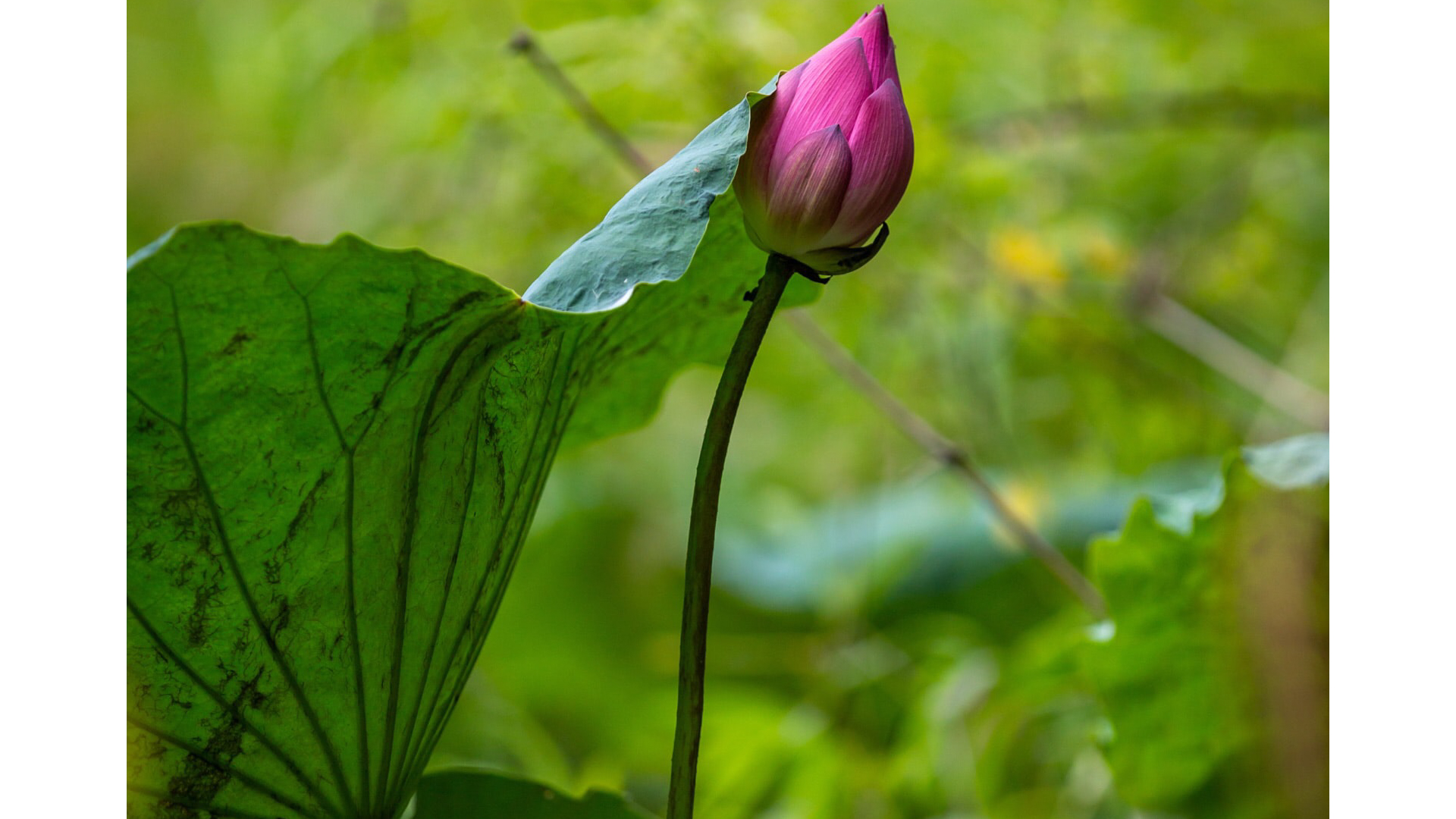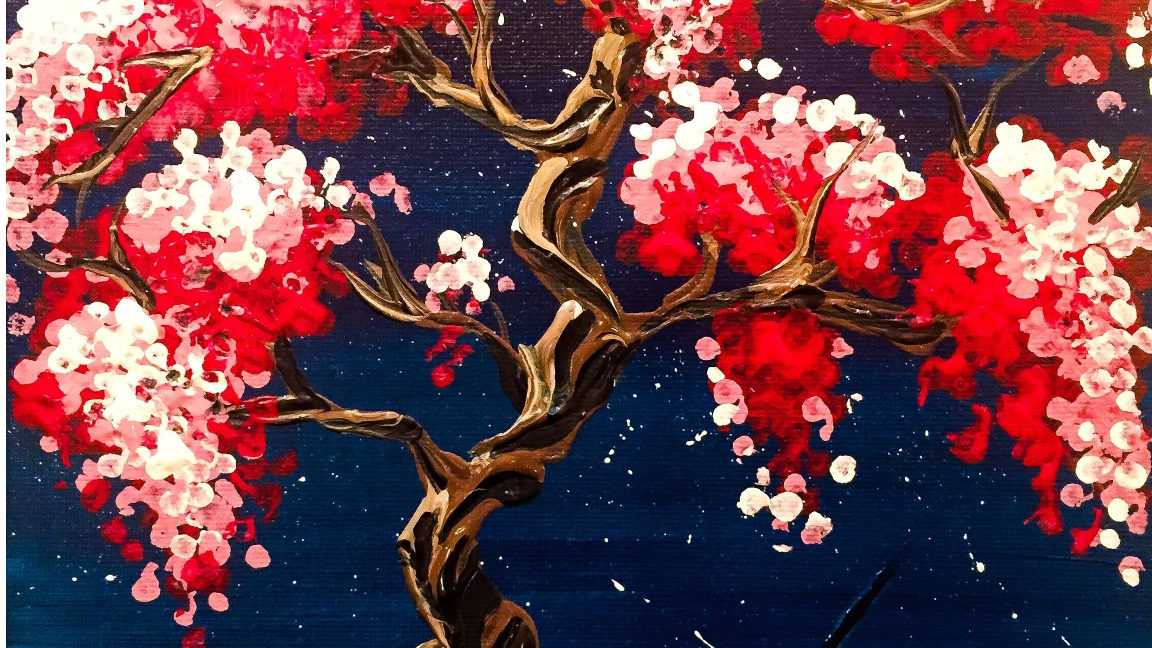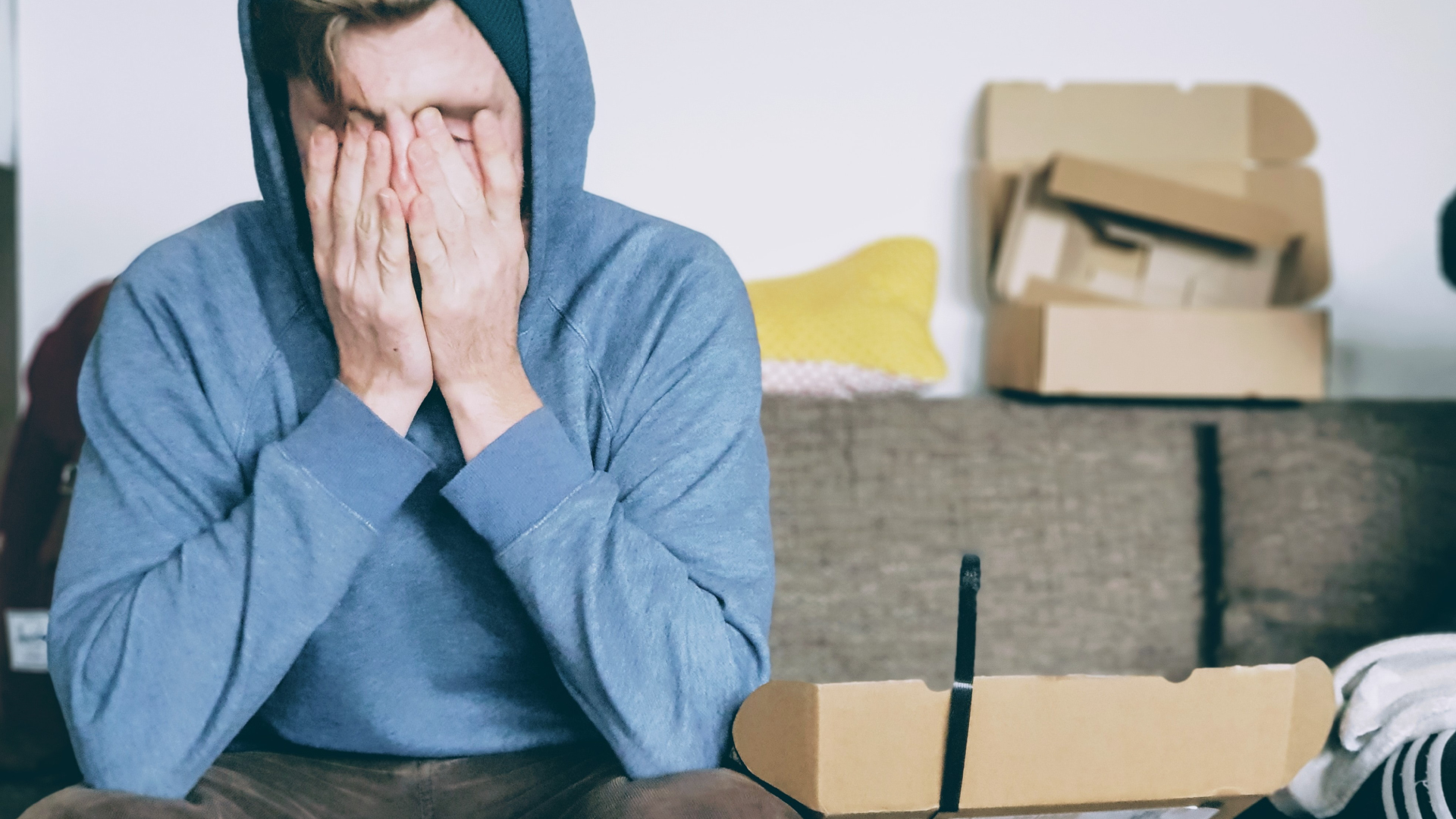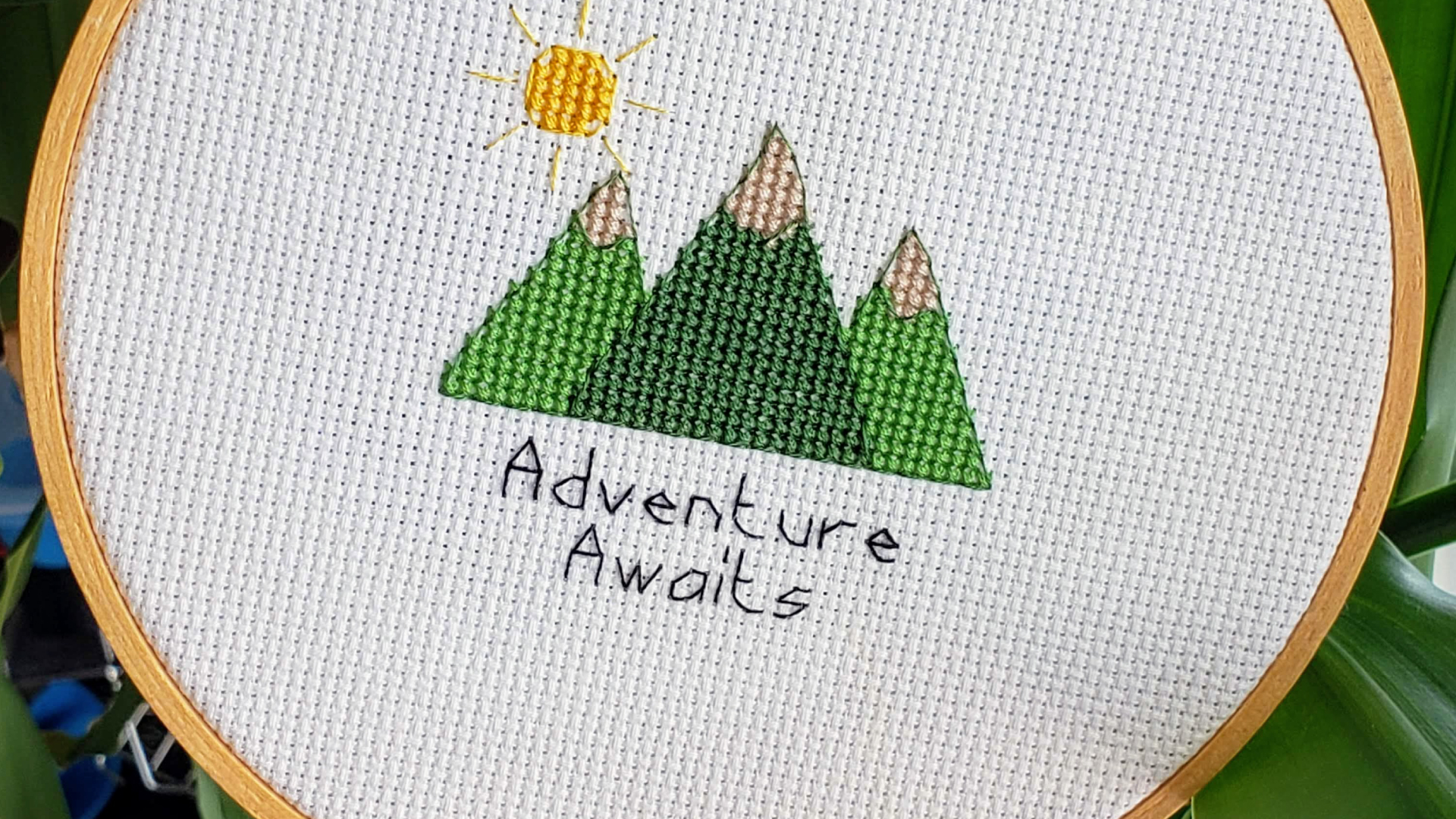Welcome to the comments and discussion of the Young Adult Cancer Book Club! We are reading Finding Balance by Kati Gardner! Read our participants’ reactions and follow along with us each week as we read through the book! Caution, spoilers below!
Catch up from Week 1 here!
Week 2: Chapters 6-11
By KM H.:
Chapter Six.
Mari is having trouble keeping up with her classmates in AP chemistry—they move faster than her old school, and they’re a bit ahead of where she was. On top of that, Lindsay and another classmate are being ableist, classist jerks. Mari’s chem teacher asks her if she can stay after school for supplemental instruction that will help her catch up, but Mari can’t because her transportation is tied to the bus schedule.
This chapter has such a nicely done illustration of how structural issues can stand in the way of success. Mari is struggling in her chem class. The help is there, but she can’t get it because she needs transportation home, and the only transportation home that she can get is via the MARTA bus system. It has nothing to do with her ability to understand or her culture or her cancer history, but rather the way in which the world will not or cannot accommodate her needs. It’s not fair, and it’s a great demonstration of how we as a society could do better. It’s easy to look at students or people who aren’t successful or who are struggling and heap the blame solely on their shoulders. But there are often other factors at work, often issues beyond their control, that keep them from thriving—and they’re usually things that they can’t help.
Chapter Seven.
Jase takes Lindsay home from school and drops her off at her house. She’s trying to touch him and be “girlfriend-y” in ways that he doesn’t want, and she’s being an ableist jerk again when it comes to Mari. After dropping Lindsay off, Jase gets a call from his mother, detailing that she’s going to hold a charity event for Camp Chemo. Jase freaks out because he believes his secret will be revealed.
As much as I would like to harp on Jase for being an asshole to Mari, I find his character to be highly understandable. He’s been bullied at his old school. He’s got some serious social anxiety because of it. And he’s seeing firsthand that his fears are justified because of the way that Lindsay and others are treating Mari. I also “get” him because, in my own life, I’ve tried to stop talking so much about being a cancer survivor. Not because of any bullying or anything, but because it’s nice to pretend to be normal sometimes … even though I’m definitely not.
Chapter Eight.
Mari is in class, and Lucas asks her a few questions about driving and such with a prosthetic leg, which Mari tells him would be a pain because it would get in the way. Mari is starting to make progress with friends in this chapter—or, at least, we finally get to see her new friends at school.
I like this chapter because it really nicely shows when and how it’s okay to ask questions regarding a person’s disability. It reminded me of when my brothers would ask if I could do something or not on chemo. They weren’t being assholes or trying to put me down or asking something invasive—it was just something that came up in the course of a normal conversation. The topic came. I answered. We moved on. Like, you know, a normal thing. Like I’m a person, not a curiosity.
Chapter Nine.
The ableist assholery of Lindsay really comes out even more than usual in this chapter. She is with Jase and several other friends, and she just lays into Mari and her leg, asking questions about Mari’s body that are 100% not okay. Jase just sits there, not correcting them or telling them to stop. I understand that he’s afraid of being found out, but … my dude … you don’t have to out yourself as a cancer survivor in order to tell people to not be ableist jerkwads.
Anyway. Mari overhears and immediately runs away. Jase follows—he’s actually starting to come to his senses—and attempts to comfort Mari. She, understandably, pushes him away.
I’m really starting to hope that Jase will try to make things right with Mari. I don’t expect this to happen quickly because, well, we’ve got most of the novel still to go. 🙂
Chapter Ten.
Jase drives his car to Mari’s house, trying to find her. He doesn’t know what his intentions are, but I suspect it has something to do with, I dunno, maybe apologizing and trying to make things right? Hopefully? In any case, he doesn’t find her because she’s at a coffee shop (oh, the days of randomly visiting coffee shops!).
Chapter Eleven.
Mari is visiting Davis at the coffee shop. Davis was the male lead from Gardner’s first book, Brave Enough, which you should definitely go read (it’s excellent). Mari is catching up with Davis, who is newly sober (this book seems to take place before Brave Enough, if I’m understanding the conversations and timeline hints correctly). She’s also hoping to catch some help with her chemistry issues, but Davis isn’t really equipped to help there. He asks her about her school, and she avoids telling him because she feels like he’s got enough on his plate, and she doesn’t seem to want to bring the mood down.
In this way—hiding what’s really going on—Mari is a lot like Jase. She’s covering, trying to pretend everything is normal and good when really she’s hurt and angry at how Jase has treated her. She feels betrayed by a friend and has no one she feels she can really talk to about it. I feel for her, but I also want her to talk to her friends or parents or someone about what’s going on with Jase. But, hey, if she started making good decisions this early, this would be a novella and not a novel. 😀 Still, I’m rooting for her. And I hope she gets the help (both in chem and in life) that she needs.
By Betsy B.:
Chapter 6
Mari has just started at AWP and is in class with some truly awful girls who don’t take the time to understand her amputation. They mock having to use a wheelchair right in front of her. As an adult, I wonder how these girls could be so tone-deaf, but then I remember my high school experience, when I was diagnosed my senior year. It was only a couple of weeks after my diagnosis when the school newspaper published a story about tanning (so 2005). They interviewed the popular girls who clearly went tanning a lot, and they had completely ignorant responses. “My mom tans and she doesn’t have cancer so I don’t think I will either.” “I’d rather have cancer than be pale.” I know, right? On top of her clueless classmates, Mari also has to deal with her chemistry teacher pitying her and basically telling her to drop the class. It’s hard to believe this school is supposed to be better than her last one.
Chapter 7
“Jase was beginning to wonder if this was even a secret he could keep anymore. But at the thought of what that meant, Jase couldn’t breathe.”
This chapter is mostly about Jase panicking about hiding his past from his insufferable not-girlfriend and everyone else he knows. It’s hard for me to feel bad for him at this point because of how he treated Mari. But I do understand not wanting to be the cancer kid. For several years after my treatment ended, I didn’t want to tell many people about my cancer. I didn’t want to be treated differently. Considering how ignorant the people at Jase’s school are, it does make sense he would be afraid to tell them. Near the end of the chapter, Jase’s mom tells him about a charity gala she’s planning. And good news! The charity will be Camp Chemo! And his camp friends can come! Once again, he begins to panic and worries about people finding out about his secret life.
Chapter 8
“Thankfully, she was no longer much of a novelty, but she could still see the questions in her new classmates’ faces—wondering what they could ask her and what was off-limits.”
This is a short chapter that introduces us to some of Mari’s new school friends, Addison and Zeke, and her teacher Giselle, who is also dating one of her big brothers. She also talks with Lucas, one of Jase’s friends, who seems genuinely interested in learning more about her and he is respectful when he talks to her. I gotta say I’m Team Lucas right now. At the end of the chapter, she is dreading sitting alone at lunch and misses her old school and friends. This chapter is mostly about Mari’s loneliness. She is grateful to have met some nice people but “they weren’t at the random text stage or anything.” She misses having friends she really connects with. She feels like an outsider still, especially when she has no one to sit with at lunch.
Chapter 9
This chapter is cringe-worthy.
1. AWP has a student lounge for lunch where they can order food from local restaurants. That is not real, is it?
2. Jase’s not-girlfriend and her friend are terrible humans.
3. Jase makes the world’s tiniest gesture of apology.
During the lunch that Mari is eating alone, she overhears Jase and his friends discussing her. Or rather, gossiping. Lindsay and Madalyn think it is hilarious to speculate about her grades, where she lives, her amputation. Jase feels uncomfortable and attempts to steer the conversation in another direction, but fails. After they see Mari running away crying, Jase goes after her to say he’s sorry, “don’t let them get to you.” Boy, please. Even though she is very upset, Mari rightfully sends him away. I feel so bad for her–not only does she have to deal with being the new girl at school, with an amputation, she also has to deal with her so-called friend ignoring her most of the time and waving off hurtful comments other people make.
Chapter 10
“He wasn’t normally a jerk, but it was as if since Mari’s arrival at AWP he couldn’t be anything but.”
Jase is feeling bad. Good, he should. He looks up Mari’s address and drives to her house, presumably to attempt to apologize again. But she’s not home and he feels stupid for driving all the way to her house. Even though I’m angry with Jase still, I can tell he feels guilty and confused. Guilty for the way he treated Mari (obviously), but I also think he feels guilty that he can hide his cancer and she can’t. He has the luxury of being “normal.” Something that she will never have. He doesn’t know how to make up for his guilt, but he drives to her house anyway because he knows he needs to do something.
Chapter 11
“The way those girls laughed. It all hurt, but the embarrassment was worse.”
Mari has had an awful day and goes to hang out at the coffee shop where Davis works. Davis is a good friend from Camp Chemo, and she hopes he can distract her from Jase and the mean things the girls said at lunch. When he asks about Jase, Mari doesn’t say anything and goes back to her chemistry homework. As she’s working on her laptop, she sees an ad for a prosthetics company and she feels ashamed for looking at it. I think she has spent a long time telling herself that she doesn’t need a prosthetic leg and that she can do anything a “normal” person can do. I understand her desire to be normal, especially after she’s had such a bad day at school when it feels like she is her amputation. No one at school sees her as a whole person. She begins to feel overwhelmed and defeated, thinking of her appointment at the prosthetics office, about school and chemistry, about Jase. “She did not care.”
By Jessica B.:
Chapters 6-11
In these chapters, Mari is having trouble adjusting to her new school. Her AP Chemistry class is especially challenging, but she has managed to make a couple of new friends. We don’t know much about Zeke and Addison yet, but they seem to be much kinder to Mari than her other classmates. The people in Jase’s social circle are sometimes very cruel to Mari while acting like they don’t realize they’re being rude. It’s almost like insulting someone, but then following it up with “no offense”. It seems very clear that they are not nice to people they see as “other”, which is starting to make it clear why Jase doesn’t want them to know about his cancer. The fact that Mari takes the MARTA to get home seems to be a sticking point with them, which I think it just ridiculous. I don’t know why someone’s method of transportation is considered a measure of someone’s value. I think this just shows how shallow some of the students are.
On Jase’s side, he is struggling with his decision to put distance between himself and Mari. His friend Lucas is starting to show interest in dating Mari, and Jase is not a fan. He also has to deal with his “girlfriend” and other friends not being nice to Mari. There is the line between ignorance and cruelty and Lindsay and Madalyn cross that line, and then act shocked when Mari hears them and gets offended. Jase does take the time to check on her, which seems like he might finally start letting some cracks show in the wall he put up, but Mari turns him away, which shows that even if he might be letting that wall down, she’s not ready to.
At the end of the section, Jase, who Mari is now referring to as Jason (ouch), is seeking out Mari to talk to her. Hopefully, this is a sign that he is ready to start mending the multi-year friendship that he severely damaged, but only time will tell. He clearly has a lot of work to do if he wants to fix everything he almost destroyed.
By Ffion K.:
Chapters 6-11
I was happy to receive and read this book as it is always somewhat cathartic to read books and hear experiences of other people who have or have had cancer! However, I was immediately shocked at how cruel high school-age students are. I was older when I received my diagnosis, and I suppose everyone I knew was just older and more mature, as I just did not experience any of the poor treatment that Mari and Jase, unfortunately, seem to endure. The book also shows the clear divide between two different types of cancer experiences: one where you are so far out from treatment and have no lasting visible effects, compared to one where you have lost a body part and it is forever out in the open.
Jase is not very nice to Mari throughout these chapters. He acts like the typical “cool and popular” guy and is so flippant towards her. You start to be able to tell a few chapters in, though, that although he doesn’t want it to affect his “image” at school, he does care about how he’s treating Mari and is starting to feel bad. Lindsay, a girl Jase is hanging out with, is even crueler and shows, unfortunately, just how nasty some girls can be. Some of her comments really break your heart for Mari.
In Chapter 6, Mari is having a lot of trouble in AP Chemistry. Lindsay and her friend “Y” are being very insensitive, again, but at least Mari has a sarcastic come back to them that she “gets good parking.” Lindsay jokes that she forgets Mari is disabled, but Mari knows that neither Lindsay nor her friend actually forgets. As if the social troubles Mari is having aren’t enough, the teacher pulls her aside to discuss how she’s adjusting to the new school and that her grades are lagging. She wants Mari to come to a tutorial after school, but this potentially conflicts with Mari having to catch the MARTA bus home each day. This just highlights the types of things that Mari and other disabled students have to worry about and juggle that other students don’t. This new school was supposed to be better, but at this point, Mari’s really feeling that all this new school is doing is pointing out her inadequacies.
In Chapter 7, Jase continues to hang out with, but be annoyed by, Lindsay. Jase’s mom tells him she is going to hold a benefit event for Camp Chemo, and Jase worries that this will “out him” as having had cancer.
In Chapter 8, Mari has been at her new school, AWP, for a month. Mari and Lucas chat. Lucas has been friendly to Mari and she is starting to feel the starting of a little crush. Mari gets more information about some of the students, learning Zeke’s dad is a team physician for the Atlanta United. It seems to her like everyone is so much more well off than her. Mari misses her larger group of friends from South Side because she has to have lunch in the student lounge alone that day.
In Chapter 9, Jase, Lindsay, and Madalyn (“Y”) are in the student lounge continuing to talk about Mari behind her back. Y saw Mari’s quiz and knows she’s flunking. Jase, although he continues to hang out with her, is starting to worry that Lindsay might think they’re exclusive, which he doesn’t want. The girls then start to ponder, out loud, if Mari is missing any other body parts, “like, her vagina?” says Lindsay. Mari is at that moment just approaching, hears this, drops her things and bolts out of the lounge. This is particularly heartbreaking to the reader. It’s bad enough reading the awful things these teenagers are saying and thinking, but then to think of how Mari would feel walking in and hearing this is even worse. Jase goes after Mari, even though Lindsay yells for him to stop. Jase finds Mari crying at her locker, but she says to leave her alone, and he does, walking away. As the book states, the wall he’d put between them definitely gets another layer added to it.
In Chapter 10, Jase has been basically ignoring Lindsay since the incident in the student lounge. He feels bad about how hurt Mari looked. He notes that he isn’t normally a jerk, but hasn’t been able to help it since Mari came to AWP. Honestly, as the reader, it’s hard to not think that Jase just is a huge jerk, period. He certainly is very immature, whereas Mari seems quite mature. Jase spontaneously ends up driving to Mari’s house, although he’s not sure why. She isn’t there, however. Her brother Leo answers,
and Jase says to not bother letting Mari know he stopped by.
In Chapter 11, it starts with Leo obviously telling Mari that Jase stopped by, over a text message. Mari is at a coffee shop visiting her friend Davis, also a cancer survivor, that has struggled with addiction. However, she’s also reliving, in her head, the hurt and embarrassment from what Lindsay and Madalyn had said. Davis works at the coffee shop and has to do community service at the hospital he was treated at, as a result of an arrest to do with his addiction. He asks how things are going at AWP and says he assumes
Jase is helping Mari find friends, for which she doesn’t correct him. Mari watches as an ad pops up on her computer for prosthetics. She ponders how everyone thinks she should want a prosthesis but she doesn’t. Then she thinks that she’s never going to be Jase’s girlfriend, probably going to fail AP Chemistry, and get kicked out of AWP. She exclaims that she is done and defeated and does not care anymore. It’s a sad end to this chapter and really leaves the reader hoping things get better for Mari!
Join in next Monday for the comments and discussion on chapters 12-17!
—
We will talk about a few chapters each Monday until the book is done. If Monday happens to be a holiday, then the post will publish on Tuesday. Once we finish the book, we’ll use one more Monday to talk about general feelings from the book and anything else you’d like to discuss. We’ll also have a video chat book club discussion at the end! Join in, in the comments every week! Also, there will probably be spoilers so read along with us! Excited about the young adult cancer book club? Have any suggestions for future reads? Let us know!













